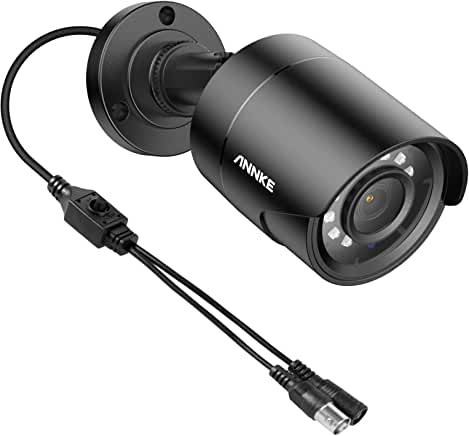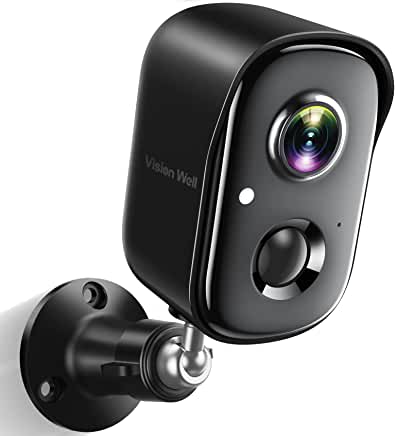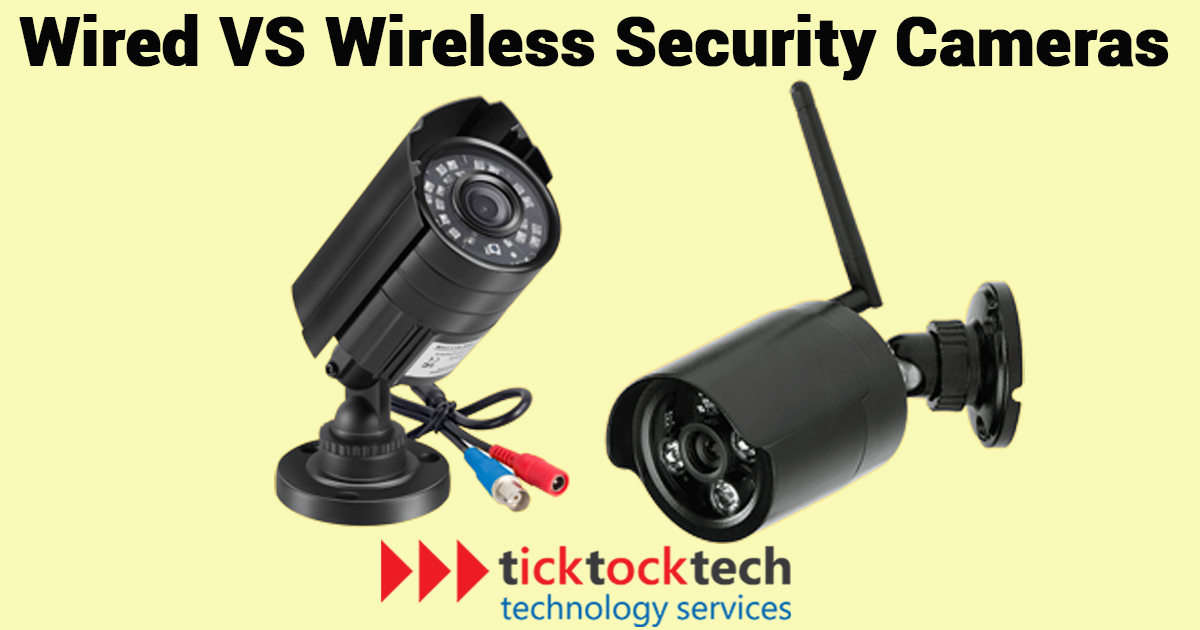Security cameras are one of the go-to smart home devices of the decade, for both outdoor and indoor. Smart home security gadgets like video doorbells and smart locks are however cheape, integrate with the house for remote capabilities. With smart gadgets like smart locks and video doorbells, you could get to know everything going on behind the door.
Based on preference, it could come as both wired and wireless. Though there are significant differences in both, choosing ultimately depends on the purpose and functionality range needed. The differences could be noted in the functionalities, price, and connectivity, and if you care to find out which is the best option for your home, this is for you. What they are, their similarities, and differences, and which type of security camera is best for your home.
Wired vs Wireless Security camera: What are they?
They offer ongoing 4K surveillance and security for a building or place of business and are frequently utilized for these purposes. Just like the name, they are connected to power and storage sources at home before they work. A wired networks connection, such as Ethernet, and a physical power source are required for security cameras. They are hooked to transfer data and video to a recorder or monitor.
Wireless security cameras are surveillance cameras that communicate data and video to a recorder or monitor using Wi-Fi or other wireless technologies. They offer flexibility, intelligence, and ease in terms of installation and positioning. In terms of modernity, they also have a broad range of control, including voice assistance and the integration of smart home devices.
Wired Vs Wireless security camera: Differences
Recording mechanism

Typically, a network video recorder (NVR) or a digital video recorder (DVR) serves as the physical link between a wired security camera and the recording device. These recorders are made to capture video signals from cameras and save them to hard drives. Furthermore included in the camera could be built-in storage, like an SD card.
On the other hand, wireless security cameras have a number of ways to create their own records, such as cloud storage (where the video footage is sent to a remote server for storage). built-in cabinets (built-in storage, such as an SD card, which allows them to record video locally). also a network video recorder (which acts as a central storage device for video footage from multiple cameras.)
Connectivity
When it comes to connectivity, the wireless obviously beats the other as it is easier to fix and also has more options for control. For wireless security cameras, all you have to do is place walls either outdoors or indoors for easy installation, and flexibility in placement. Also, most wireless cameras integrate with smart AI devices like amazon echo and google Nest. This makes them more easily accessible as you can control them via voice or automation… Installing wired security cameras can be more complicated and time-consuming, as it requires running cables and setting up a network infrastructure.
Video quality
The wired camera has several important advantages over wireless cameras, including a strong and dependable connection, high-quality video recording, and the capacity to send data over greater distances. The wired cameras typically offer clear, zoomable, and detailed 1080 HD and even 4K views. The interference and signal loss that can occur with wireless cameras might lead to lower-quality video or coverage gaps.

Wired cameras are more secure compared to wireless as work with less software. In addition to being more secure, wired cameras can be less vulnerable to interference and hacking than wireless ones. On the other hand, wireless cameras are more susceptible to hacking and other wireless network security issues as they are more software and this is done via credential stuffing attacks. A hack in which the perpetrator makes use of stolen credentials to try to log into a protected account without authorization.
Cost
Installing wired cameras frequently requires more infrastructure, such as laying cables and establishing a network connection, which might raise installation expenses. A digital video recorder (DVR) or network video recorder (NVR) may be needed in addition to wired cameras to save video, which can raise the overall cost.
On the other hand, because they don’t need cables or complicated network installations, wireless cameras may be more economical and simpler to deploy. In rare cases, they might need extra hardware like a wireless access point or a router with a powerful Wi-Fi signal.
Wired Vs Wireless Security Camera: Which should you buy?
Ultimately, your individual security requirements, budget, and personal preferences will determine whether a wireless security camera is the best option for you. If you want to casually see who goes around, then wireless, but wired for extensive features, security, and quality view.
If video quality and recording time are your main concerns and the cost isn’t an issue, you should choose a connected device. You should use a connected device if regular recordings are less important to you than smarts and modernity. But, choosing a camera with robust security features requires research and consideration of what each manufacturer (wired or wireless) has to offer.

